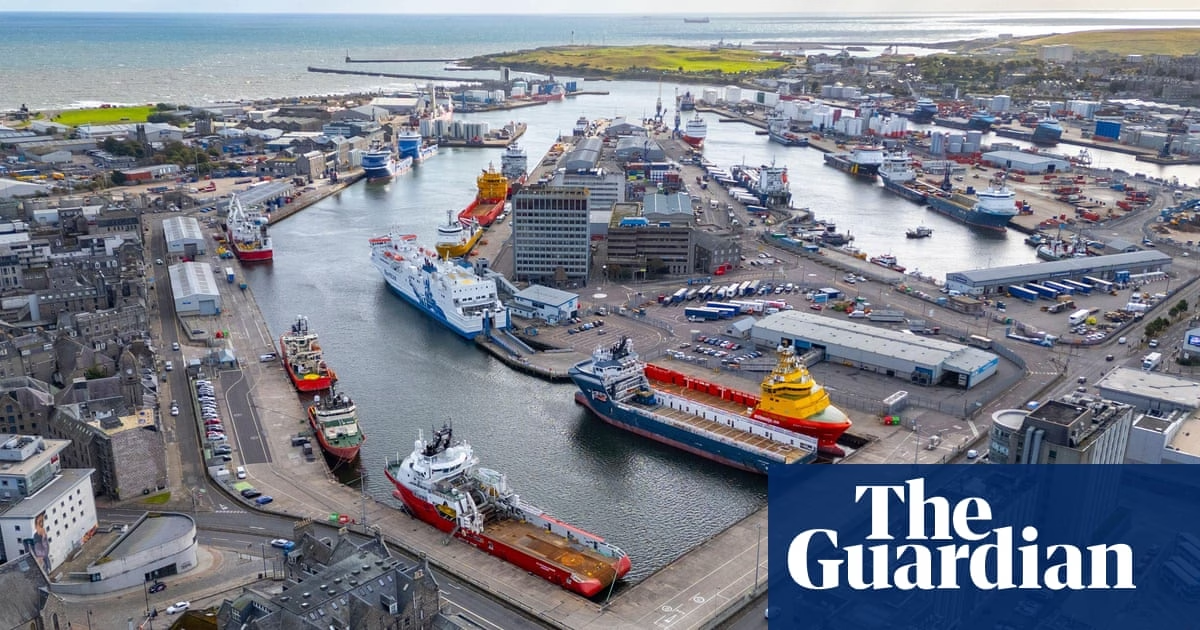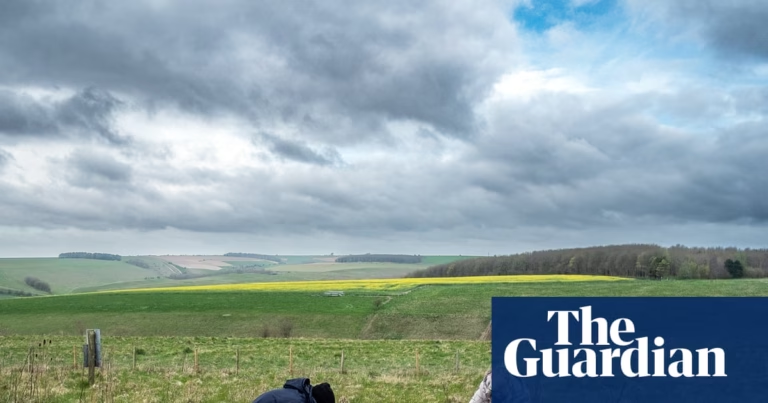It was inevitable that Nigel Farage would take Reform UK’s campaign tour to Aberdeen. On a visit to the capital of the UK’s oil and gas industry on Monday, he welcomed a defecting Aberdeen Conservative councillor, the 13th defection to his party’s ranks in Scotland to date.
Reform is hoping to make political hay from the discontent surrounding the government’s North Sea policies, the decline of the oil and gas basin, and the large workforce that depends on it. The populist party has vowed to reverse the government’s ban on fresh North Sea oil and gas drilling as a “day one” priority if elected to power in 2029.
Farage’s targeting of the Granite City and of net zero – which he has described as “lunacy” and the “next Brexit” – has prompted speculation: will Labour be forced to water down or even U-turn on its North Sea pledges?
Green Light for North Sea?
The Labour government, elected last summer, pledged to end new North Sea oil and gas projects and to make Britain a clean energy superpower. But industry sources believe the government may soon allow new North Sea projects, citing concerns about jobs and tax revenues.
The government’s commitment to not issue new licenses for exploring new oil and gas fields is still in place, but it is unclear if this includes expanding existing licensed areas. The Labour government’s stance risks internal divisions and the backlash from environmental groups.
Despite strong public support for reducing emissions, the government is under pressure to ensure energy security and protect jobs. The policy debate continues with industry, workers, and environmental groups weighing in on the future of the North Sea’s oil and gas industry.
‘Not Clear Cut’
The Climate Change Committee (CCC) has not established a clear case for or against a ban on new North Sea projects, complicating the Labour government’s approach. As the debate continues, the future of the North Sea’s oil and gas industry remains uncertain.







